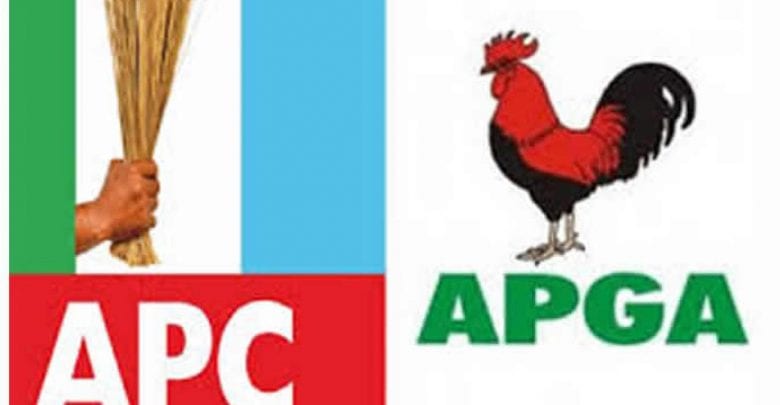
A one-party system in Nigeria seems a realistic outlook which could befit the country’s political architecture. Some sections see it as an incoherent wrongly presumed suggestion. To buttress its claim, this section has presented certain uni-party operated countries as a case study.
A country which after more than 50 years of independence couldn’t discern its path could fall fagged with an absence of opposition to power.
The advocates of the system, on the other hand, lay their claim on the prospect of accelerated growth as a result of zero opposition. They argue that the presence of opposition induces more costs in running the government, coupled with unwarranted hindrance to development resulting from cleverly pre-planned distractions.
The system or political structure where only one single political party is allowed to form and run a government is known as a one-party state. It could be also referred to as a one-party system, a single-party system, a single-party state or a de facto one-party state.
Countries which operate such system possesses similar political characteristics.
Due to an unwavering hold to power, the leaders are authoritarian, oppositions who query their rule or ideology are violently oppressed and made to live in subjection. The power-drunk leaders with none to be answerable to could likely put up a campaign of spending, corruption, wastage of resources, and abuse of human rights while in office.
Few countries practice this system(about seven) viz: People’s Republic of China; Republic of Cuba; Sahrawi Arab Democratic Republic; Democratic People’s Republic of Korea; Lao People’s Democratic Republic; Socialist Republic of Vietnam; State of Eritrea.
The Republic of Cuba is the largest island in the west indies with a population of about 11 million. Having a promising economy, citizens are prohibited certain significant access. No Nigerian would at the present fancy being restricted from buying computers or accessing the Internet without special authorization. In Cuba such is reality and the government sees no need for such sensitive gadget to slide into the hands of its citizens.
Eritrea is an African example of a one-party state. With a population of about six million people, the government of Eritrea controls all broadcast media although purchases of satellite dishes and subscriptions to international broadcast media are permitted for its citizens. China is the world’s most populous country, and a communist world power. It’s governing party (the Communist Party of China) controls all government functionaries, as spelt out in the Chinese constitution.
Its elections are conducted in a way that only prominent legislators elect the members of the National People’s Congress. All other parties are allowed representation only at the local level. Back towards Nigeria, a one-party system might be a probable introduction but is likely to be a failed experiment. The idea of total dominance of a party in the country either through subjecting oppositions towards controlled regions or otherwise is budded with no recognition of the roles of opposition in a political system.
The political parties outside of power has important roles to play. They feed in alternative viewpoints and exert a form of control on the governing party’s policies through constructive criticisms. The intoxicating idea from political fans towards a total dominance of the country by any of the political party should better remain an illusion.
The burden and intricacy of government is weighty to be restricted to a particular assemblage. The Peoples Democratic Party’s grip to power for sixteen years demonstrates enough evidence of how excesses could go sour.
